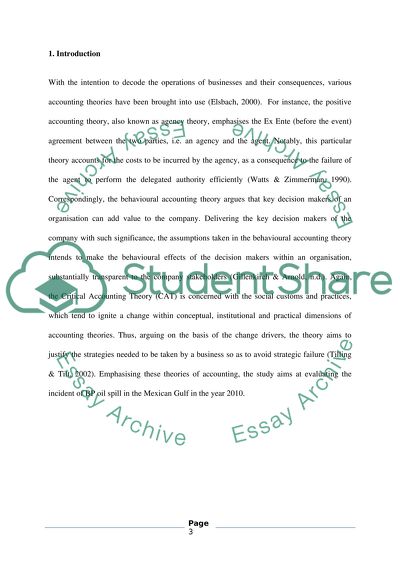Cite this document
(“Accounting Theory:British Petroleum Oil Split in Mexican Gulf 2010 Essay”, n.d.)
Accounting Theory:British Petroleum Oil Split in Mexican Gulf 2010 Essay. Retrieved from https://studentshare.org/finance-accounting/1497445-accounting-theory
Accounting Theory:British Petroleum Oil Split in Mexican Gulf 2010 Essay. Retrieved from https://studentshare.org/finance-accounting/1497445-accounting-theory
(Accounting Theory:British Petroleum Oil Split in Mexican Gulf 2010 Essay)
Accounting Theory:British Petroleum Oil Split in Mexican Gulf 2010 Essay. https://studentshare.org/finance-accounting/1497445-accounting-theory.
Accounting Theory:British Petroleum Oil Split in Mexican Gulf 2010 Essay. https://studentshare.org/finance-accounting/1497445-accounting-theory.
“Accounting Theory:British Petroleum Oil Split in Mexican Gulf 2010 Essay”, n.d. https://studentshare.org/finance-accounting/1497445-accounting-theory.


